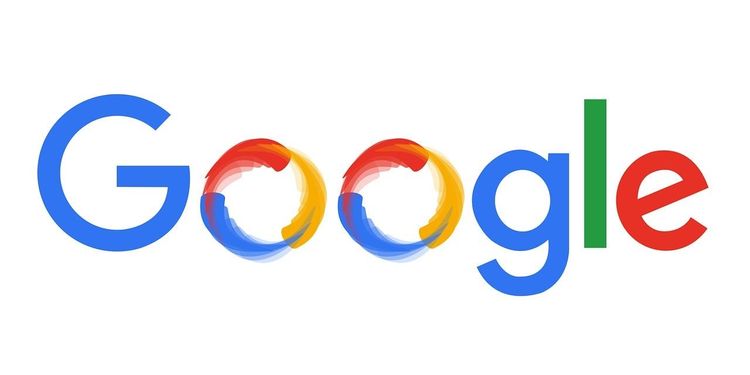Google is taking aim at Duolingo with an innovative feature on Google Search designed to enhance users’ English speaking skills.
Over the next few days, this feature will launch for Search on Android devices in countries including Argentina, Colombia, India, Indonesia, Mexico, and Venezuela, with plans to expand to more regions and languages in the future. This new addition will offer interactive speaking practice for language learners translating to or from English, as detailed in a recent Google blog post.
"Google Search has long been a valuable resource for language learners, offering translations, definitions, and tools to expand vocabulary," stated the blog post, authored by Google Research director Christian Plagemann and product manager Katya Cox. "Now, learners translating to or from English on their Android devices will have access to an enhanced speaking practice experience that offers personalized feedback."
This updated experience introduces users to speaking prompts that require them to respond using provided vocabulary. Each session lasts 3 to 5 minutes, during which Search offers tailored feedback and the option to subscribe for daily reminders to maintain progress and tackle more challenging material.
How personalized is this experience? According to Google, learners receive semantic feedback—indicating the relevance and understandability of their responses for a hypothetical conversation partner. Suggestions for grammar improvements and example answers of varying complexity are also provided to guide learners effectively.
During practice, users can tap on any word they’re unfamiliar with to see its context-specific translation.
“Meant to complement other learning platforms and resources, such as personal tutoring, mobile applications, and classes, this new speaking practice feature on Google Search serves as an additional resource for language learners,” Plagemann and Cox explained.
The development of these features required advanced AI and machine learning techniques, as highlighted by Google. The Google Translate team created a model called Deep Aligner to connect related words for accurate meaning in translations. Other Google research teams adapted grammar correction models for speech transcriptions, addressing the needs of users with accented speech. Additionally, separate models were created to facilitate semantic feedback and assess the complexity of sentences, ensuring appropriate challenges for learners at different skill levels.
To craft this comprehensive Search language tutoring experience, Google collaborated with “linguists, teachers, and ESL/EFL educational experts,” combining human expertise for prompts, focus words, and sample answers with AI-generated content and in-house review. Google also partnered with other language learning organizations to enrich the content available to users, with plans to expand these collaborations in the future.
“We look forward to broadening our reach to more countries and languages soon, along with offering practice content from our partners,” Plagemann and Cox stated. “With these updates rolling out in the coming days, Google Search will offer even more support for learners.”
One might speculate about Google’s intentions behind this AI-driven language learning feature in Search. While it may drive user engagement, it raises the question of whether it is positioned as a serious competitor to popular language learning apps like Duolingo, Memrise, and Babbel.
The tone of the blog post suggests that Google does not aim to rival these platforms directly, although the lucrative language education market makes it difficult to definitively predict their goals. (Notably, Duolingo's stock saw a slight decline of 0.63% today.)
Google has previously ventured into language education tools, such as in 2019 when it launched a module allowing users to practice pronunciation with immediate feedback.
As Google rolls out this new feature and discusses future expansions, it will be fascinating to observe the company's strategy regarding language learning tools, whether focused on profitability or user engagement. With a gap between their last update and this new offering, the path ahead remains to be seen, but Google certainly promises growth from the outset—though success will likely depend on the service's reception and popularity.







